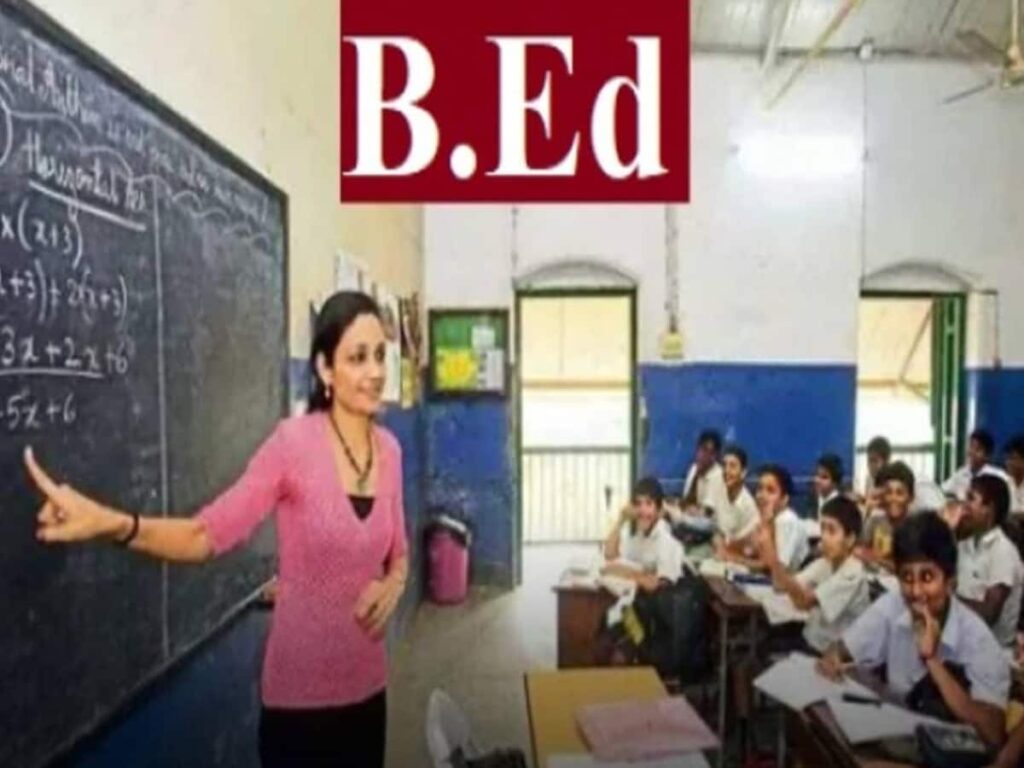In recent educational reforms, a new program is set to be introduced in the four-year Bachelor of Education (B.Ed.) courses. This initiative aims to enhance the teaching skills of B.Ed. students by providing them theoretical knowledge and practical teaching skills without the requirement of traditional internships in schools. This approach seeks to better prepare future educators for the dynamic classroom environment while accommodating the learning styles of diverse students.
Overview of the New B.Ed. Program
The new program includes various innovative teaching methodologies and strategies that will help students develop effective teaching practices. The curriculum is designed to bridge the gap between theoretical knowledge and practical application in real classroom situations.
Program Features
- Theoretical Knowledge: In-depth exploration of educational psychology, pedagogy, and curriculum development.
- Skill Development Workshops: Hands-on workshops that allow students to practice teaching skills.
- Simulated Teaching Environments: Use of technology to create virtual classroom scenarios for practice.
- Peer Teaching Opportunities: Students will engage in teaching practice with their classmates to refine their skills.
Benefits of the Program
| Benefit | Description |
|---|---|
| Flexible Learning | Students can learn at their own pace without the pressure of internships. |
| Immediate Application | Knowledge gained can be immediately applied in simulated environments. |
| Increased Competence | Enhances confidence and teaching competence among students. |
| Networking Opportunities | Encourages collaboration and networking among peers and educators. |
Challenges and Considerations
While the program offers many advantages, there are also challenges that need to be addressed. One major concern is ensuring that students gain sufficient hands-on experience that is traditionally acquired through internships. Educational institutions must implement robust measures to provide alternative experiences that mimic real-world classroom dynamics.
Monitoring and Evaluation
Evaluation of student performance in the program will be crucial. Institutions should develop assessments that gauge not just theoretical knowledge, but practical skills as well. Continuous feedback from students can also help in refining the program to meet the evolving needs of future educators.
Conclusion
The introduction of this new program in the four-year B.Ed. courses represents a significant shift in educator training, focusing on skill development without the constraints of mandatory internships. By balancing theoretical and practical learning, this initiative aspires to produce well-rounded educators who are prepared to face the challenges of modern classrooms. As education continues to evolve, such innovative approaches will be vital in fostering effective teaching practices tailored to the needs of diverse student populations.
